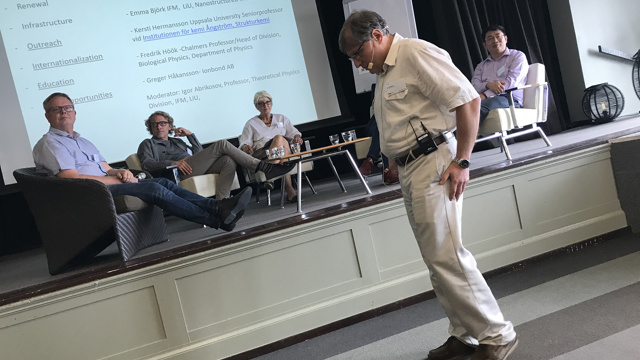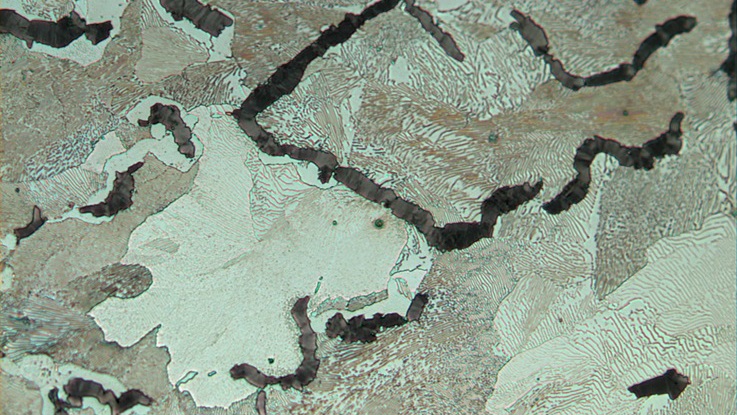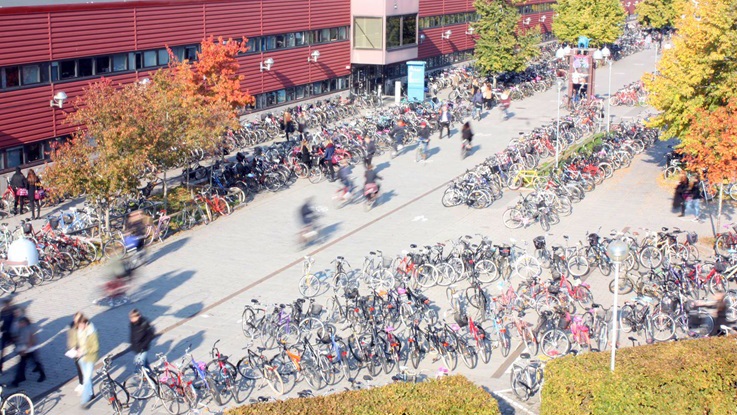Improving fatigue resistance by controlling residual stresses
Residual stresses exist in a material or component not subjected to any external load. They are usually caused by manufacturing processes such as machining, casting, cold forming, heat treatment, welding and additive manufacturing. Tensile residual stresses in a component are detrimental for its fatigue life. Introducing compressive residual stresses in the surface layer can effectively enhance the fatigue resistance. Management and control of residual stresses are therefore important for the performance and durability of structural components.
Our research
In our research, we study residual stresses using diffraction techniques and evaluate the influence on performance often by fatigue testing. In addition, we use other techniques such as high resolution electron microscopy to study corresponding changes in the material induced by the stress generation process and the mechanical loading. The combined analyses give deep understanding of the correlation between manufacturing processes, residual stresses and performance. Our current research is on residual stresses and microstructural changes induced by machining and surface mechanical treatments and their influence on the fatigue behavior. We are involved in several industrial collaborations in the area.
High temperature coatings for applications in challenging environments
Structural components in the hot sections of advanced engines such as aero engines and land-based gas turbines are manufactured mainly in superalloys whose properties are optimised to sustain mechanical loading at high temperatures. Their resistance to attack from the harsh environments often relies on high temperature coatings deposited on their surfaces. Metallic coatings, used alone or as bond coat in thermal barrier coatings (TBCs), give protections against oxidation and corrosion, while TBCs having a ceramic layer on top of the bond coat also provide thermal isolation.
Goal of our research
The general goal of our research is to improve the performance and lifetime of such coatings through optimizing their chemical composition and microstructure. Such optimization is based on understanding the role of alloying elements, coating degradation mechanisms, and interactions between the constituent parts in the coating system. Experimental characterization (thermal cyclic, oxidation and corrosion testing), post-testing analysis using high resolution electron microscopy and diffraction techniques, and thermodynamic/kinetic modelling are the important research methods. We also work on life modelling to develop tools for evaluating the durability of coating systems.
With increasing demands from the society for more effective utilisation of energy, lowering emission and use of a larger share of renewable energy such as wind power, solar energy, hydropower and biomass, there has been an increasing need for land-based gas turbines operating at higher temperatures or on a more flexible base in terms of type of fuels or operation mode. Our current research work carried out in close collaboration with the gas turbine industry is to provide coatings of better performance with corresponding lifing tools for applications in the challenging environments of such gas turbines.



